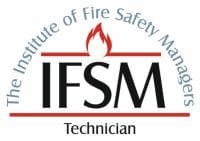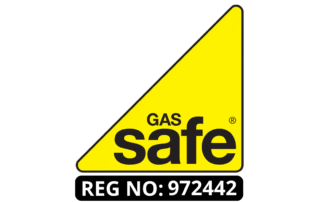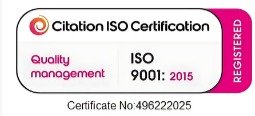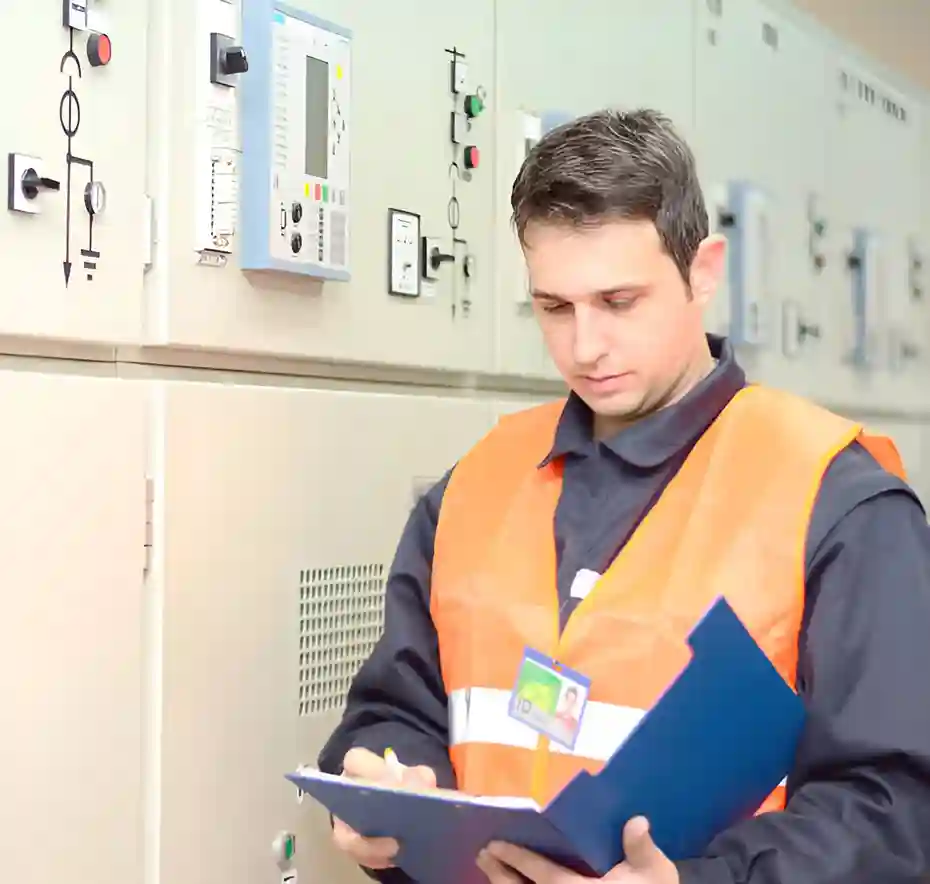
The EICR Certificate cost in 2025 is expected to vary greatly based on various factors. Property owners must consider the type, size, and location of their properties. As regulatory demands increase, understanding these costs becomes vital. Additionally, the implications of remedial work could further impact budgets. What should property owners know to prepare for these changes?
Key Takeaways
- EICR certificate costs in 2025 will vary based on property type, with flats averaging £100-£150 and commercial properties ranging from £300-£600.
- The complexity and size of electrical systems significantly influence inspection costs, leading to higher fees for larger or more intricate properties.
- Geographic location plays a crucial role in determining EICR prices, with urban areas typically commanding higher rates due to increased demand.
- Regular EICR assessments are legally required for property owners, impacting budgeting and compliance costs over time.
- Investing in quality EICRs ensures safety, compliance, and can enhance property value while preventing costly repairs in the future.
Understanding EICR Certificate Cost in 2025
In 2025, the EICR certificate cost is expected to reflect various influencing factors.
Market demand for electrical safety inspections will play a vital role, as increased awareness of electrical safety may lead to a higher number of requests for EICR services.
Additionally, the complexity of the property being inspected can greatly impact the price. Residential properties typically incur lower costs compared to commercial or industrial sites, which may require more detailed evaluations.
Moreover, geographical variations may also affect pricing; urban areas often see higher rates due to increased labour costs.
The experience and qualifications of the electrician conducting the inspection will contribute to the overall expense as well.
Finally, any legislative changes regarding safety regulations may prompt adjustments in pricing structures, as service providers adapt to new compliance requirements.
Understanding these factors will be essential for consumers when budgeting for an EICR certificate in 2025.
What Is an EICR Certificate and Why Do You Need One?
An Electrical Installation Condition Report (EICR) certificate serves as a formal document that assesses the safety and condition of electrical installations within a property. This certificate is essential for ensuring compliance with safety regulations and standards, helping to prevent electrical hazards.
An EICR is typically conducted by a qualified electrician who inspects the wiring, sockets, and other electrical components to identify any defects or potential risks.
Property owners and landlords are required to obtain an EICR at regular intervals, as it verifies that the electrical systems are safe for use. In addition, having a valid EICR can be beneficial during property transactions, as it assures potential buyers or tenants of the property’s safety.
Regularly obtaining an EICR helps maintain the integrity of electrical installations, reduces the risk of accidents, and ultimately promotes a safer living or working environment for everyone involved.
Factors That Influence the EICR Certificate Cost
Several factors can considerably influence the EICR certificate cost. The size and complexity of the property play a significant role; larger or more intricate installations require more time and resources for assessment.
Additionally, the condition of the existing electrical system impacts costs; a property needing extensive repairs or upgrades may incur higher expenses. The geographical location can also affect pricing, as demand and local market rates vary.
Moreover, the qualifications and experience of the electrician conducting the inspection are essential; certified professionals may charge more for their expertise. The level of detail required in the report can also dictate costs, with more thorough evaluations resulting in higher fees.
Finally, any additional services, such as follow-up inspections or remedial work, will contribute to the overall expense of obtaining the EICR certificate. Understanding these factors helps property owners anticipate potential costs associated with electrical safety compliance.
Average EICR Certificate Cost for Homes and Businesses
The average EICR certificate cost for homes and businesses varies considerably based on several factors. Typically, homeowners can expect to pay between £100 and £250 for an inspection, while businesses may incur costs ranging from £150 to £500.
Factors influencing these prices include the size of the property, the complexity of the electrical system, and the geographic location. For instance, larger properties or those with more intricate electrical setups often require more time and expertise to assess, leading to higher fees.
Additionally, urban areas may see elevated costs due to higher operational expenses for electrical professionals. Property owners need to obtain quotes from multiple accredited electricians to guarantee a fair price, as well as to verify their qualifications and experience.
Investing in an EICR certificate is critical for maintaining electrical safety and compliance with regulations, ultimately protecting both residents and business occupants.
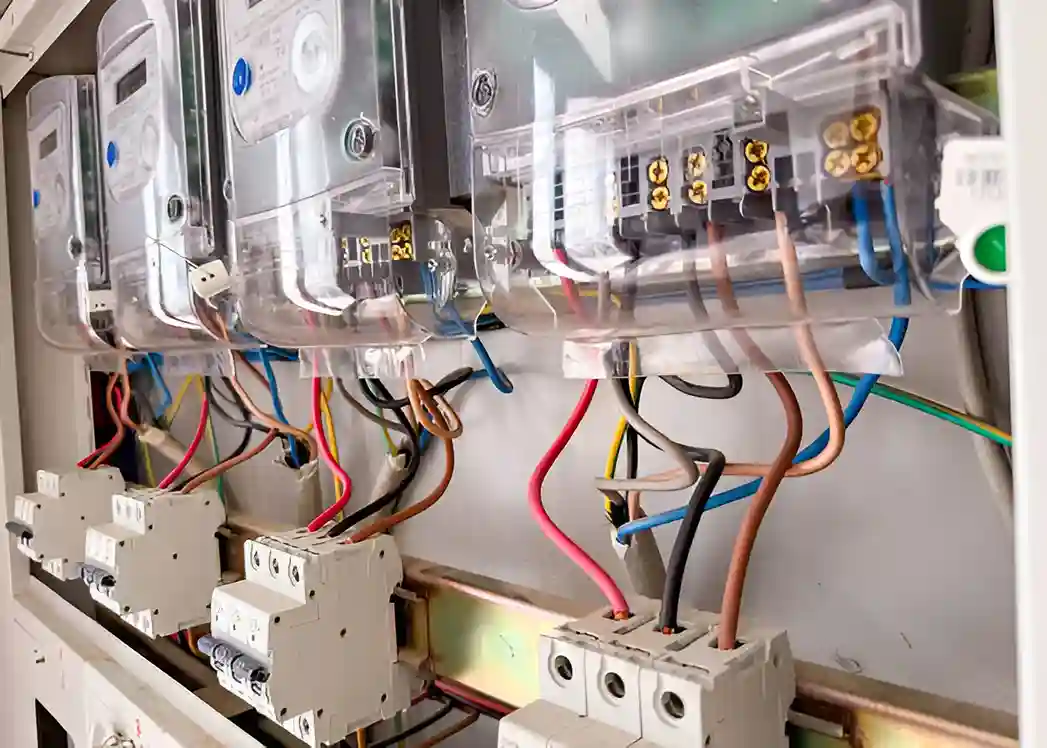
EICR Certificate Cost by Property Type (Flats, Houses, HMOs, and Commercial)
EICR certificate costs can vary considerably based on the type of property being assessed. Factors such as size, complexity, and location influence the overall price.
The following outlines typical costs associated with different property types:
- Flats: Generally between £100 to £150, depending on the number of circuits.
- Houses: Costs may range from £150 to £250, influenced by property size and electrical system complexity.
- HMOs (Houses in Multiple Occupation): Typically incur higher fees, ranging from £200 to £400, due to stricter regulations and multiple tenants.
- Commercial Properties: These can vary widely, with costs from £300 to £600, reflecting the size and nature of the business operations.
- Additional Costs: Properties requiring extensive remedial work may face further charges after the initial inspection.
Understanding these variations can assist property owners in budgeting for necessary electrical safety reports.
How Often Do You Need an EICR and What Does It Cover?
Annually, property owners are advised to conduct an Electrical Installation Condition Report (EICR) to guarantee the safety and compliance of their electrical systems. This assessment is essential for identifying potential hazards and ensuring that electrical installations adhere to the required safety standards.
The EICR covers various aspects, including the condition of wiring, the effectiveness of earthing, and the functionality of electrical components. Additionally, it evaluates the suitability of the installation for its intended use, highlighting any issues that may pose risks, such as overloaded circuits or deteriorating materials.
In residential properties, an EICR London is typically recommended every five years, while rental properties may require more frequent checks, often in line with tenancy changes. For commercial properties, the timeline may vary based on specific operational needs.
Legal Requirements and Compliance EICR Certificate cost
Property owners must also consider the legal requirements surrounding Electrical Installation Condition Reports (EICR). Compliance is not merely a recommendation; it is often a legal obligation, especially for rental properties.
Failure to adhere to these regulations can lead to significant penalties and safety risks.
The following factors contribute to compliance costs for EICR certificates:
- Frequency of Assessments: Regulations dictate how often EICRs must be conducted, impacting budgeting.
- Qualified Professionals: Hiring certified electricians incurs costs that vary by expertise and region.
- Remedial Works: If issues are found, rectifying them can lead to additional expenses.
- Documentation: Maintaining records and guaranteeing they meet legal standards requires time and resources.
- Legislative Changes: Keeping up with evolving laws could necessitate further investments in training or processes.
Understanding these legal requirements is essential for property owners to guarantee safety and compliance.
How to Reduce Your EICR Certificate Cost Without Cutting Corners
Reducing the EICR certificate cost requires a strategic approach that balances quality and compliance. Homeowners and property managers can begin by conducting preliminary assessments of their electrical systems to identify issues before the formal inspection. This proactive step can minimise the risk of unexpected repairs during the EICR process.
Additionally, comparing quotes from multiple certified electricians can yield competitive pricing without sacrificing service standards. It is crucial, however, to verify the credentials and experience of the professionals to ascertain compliance with regulations.
Regular maintenance of electrical systems can also prevent costly repairs and enhance safety, ultimately leading to lower EICR certificate costs over time. Engaging in group inspections with neighbours or community members can further reduce expenses, as many electricians offer discounts for multiple properties.
Why Paying the Right Price for an EICR Certificate Matters
Understanding the implications of EICR certificate costs is vital for homeowners and landlords alike. Paying the right price for an EICR guarantees both safety and compliance with legal requirements.
Inadequate investment can lead to subpar inspections, potentially compromising electrical safety and resulting in costly consequences.
Key reasons to evaluate the appropriate pricing include:
- Quality Assurance: Higher costs often reflect experienced professionals who conduct thorough evaluations.
- Legal Compliance: A valid EICR is important to meet legal obligations and avoid penalties.
- Safety Risks: Inadequate inspections may overlook critical issues, endangering residents.
- Insurance Implications: Insurers may require valid EICRs; insufficient documentation can complicate claims.
- Long-term Costs: Skimping on the initial price can lead to expensive repairs or hazards down the line.
Investing wisely in an EICR certificate contributes to both safety and peace of mind.
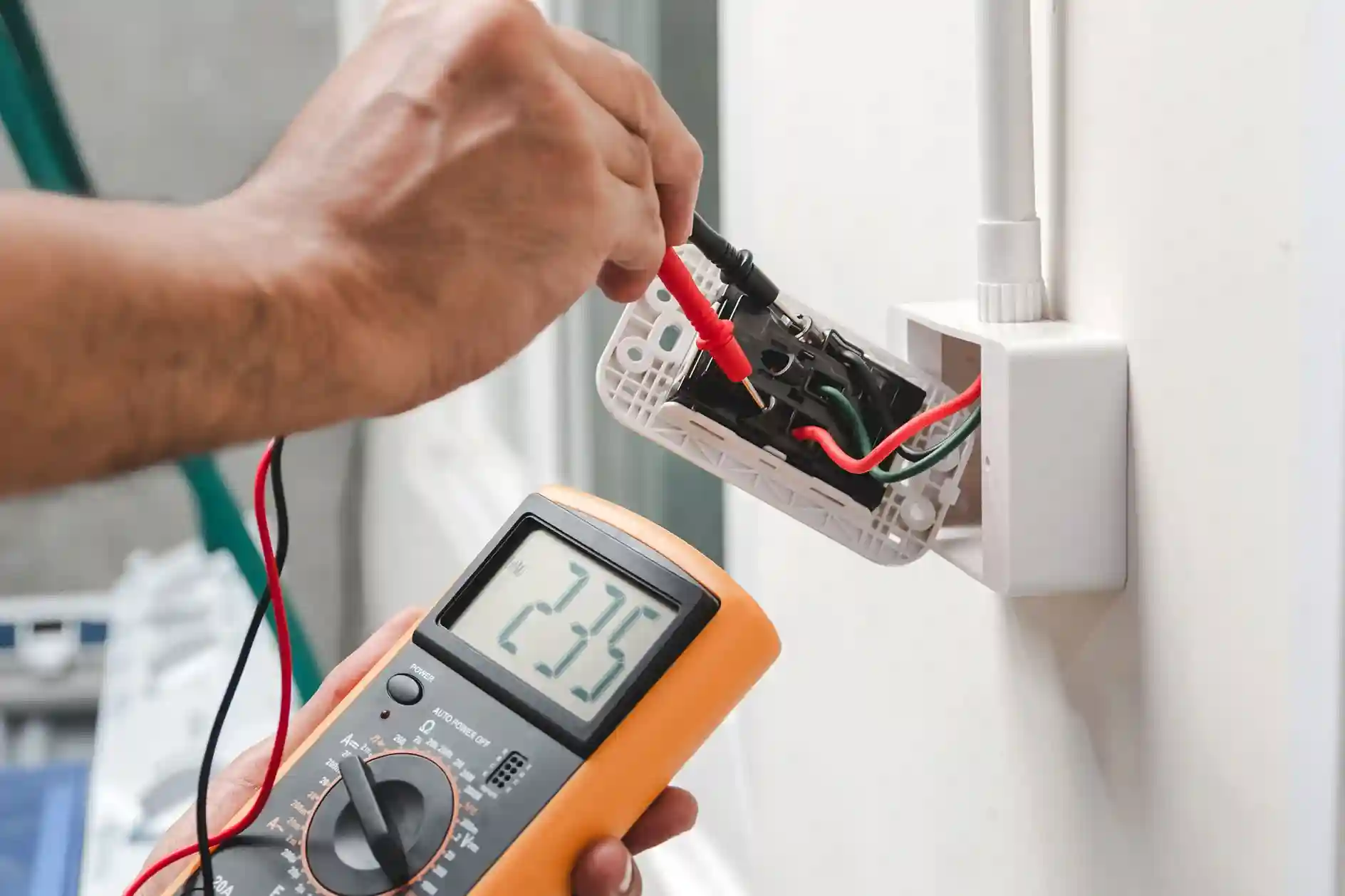
Difference in Cost Between Domestic and Commercial EICRs
The EICR certificate cost can vary greatly between domestic and commercial settings. Domestic EICRs typically range from £100 to £200, depending on the size of the property and the complexity of the electrical system. Homeowners generally seek these reports to guarantee safety and compliance with regulations, often resulting in lower costs due to less intricate systems.
In contrast, commercial EICRs tend to be more expensive, often exceeding £300, influenced by factors such as the size of the premises, the number of circuits, and the specific requirements of the business.
Commercial properties often have more complex electrical installations, necessitating thorough inspections that can take considerably longer to complete. This complexity, combined with increased liability considerations, contributes to the higher costs associated with commercial EICRs.
Understanding these differences is essential for property owners when budgeting for electrical safety compliance.
Frequently asked questions.
Conclusion
In summary, understanding the EICR certificate cost in 2025 is significant for property owners, as it varies based on property type and location. With residential costs ranging from £100 to £250 and commercial fees between £300 and £600, budgeting for potential additional expenses is important. Compliance with legal requirements guarantees safety and can prevent more costly remedial work in the future. Investing in a quality EICR certificate London ultimately safeguards both property and occupants.
